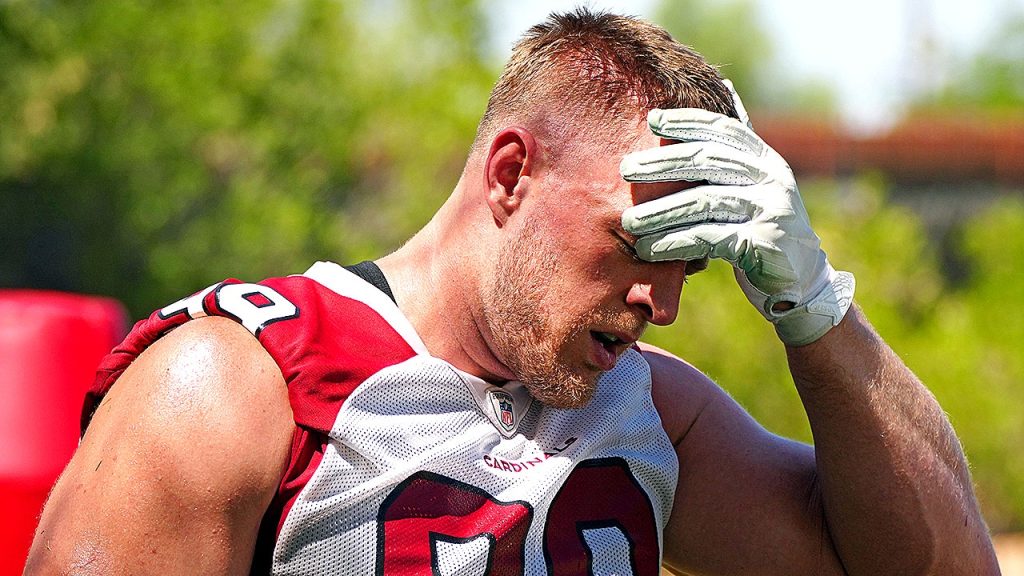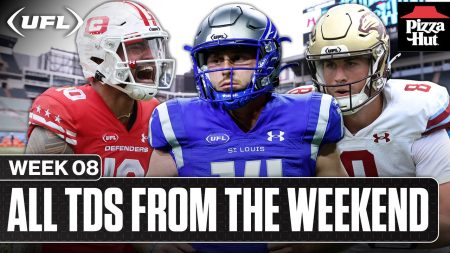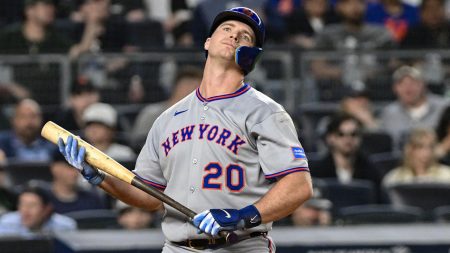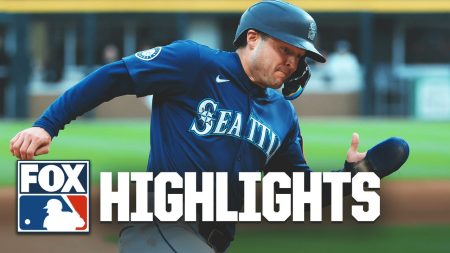The NFL owners recently voted unanimously to ban “hip-drop tackles” starting next season, sparking controversy across the football world. This type of tackle involves a defender wrapping the ball carrier and dropping their hips, potentially causing injuries. NFL Commissioner Roger Goodell led the push to ban this tackle, with all 32 owners agreeing to implement a new penalty and fine for its use. Prominent figures in football, including J.J. Watt, have expressed their displeasure with the decision, with some feeling the league is moving towards flag football rather than traditional tackle football.
Former NFL players and analysts, such as Emmanuel Acho and Tony Dungy, have also weighed in on the decision to ban hip-drop tackles. Acho believes there is no such thing as a hip-drop tackle and that it is simply a form of regular tackle. Dungy emphasized the importance of player safety but questioned the definition of a hip-drop tackle, as dropping one’s weight is essential in making certain tackles. ESPN’s Pat McAfee and A.J. Hawk also discussed the subjective nature of the rule regarding hip-drop tackles, as it will be left to referees to determine in real time if a tackle is legal or not.
Despite the mixed reactions from former players and analysts, some have expressed support for the league’s decision to ban hip-drop tackles. Former offensive tackle Kyle Long praised the move, citing the potential for serious injuries caused by this type of tackle. Long shared a conversation with former tight end Delanie Walker, who attributed a hip-drop tackle to ending his career prematurely. This decision aims to improve player safety and reduce injuries that could have long-lasting effects on players’ careers.
As the banning of hip-drop tackles is set to be enforced next season, teams will need to adjust their tackling techniques to comply with the new rule. It remains to be seen how referees will interpret and enforce the prohibition of these tackles during games. With opinions divided on the impact of this rule change, the upcoming season will provide a clearer picture of how it affects the game and player safety. Despite the controversy surrounding the decision, the league is committed to prioritizing player safety and reducing the risk of injuries on the field.















